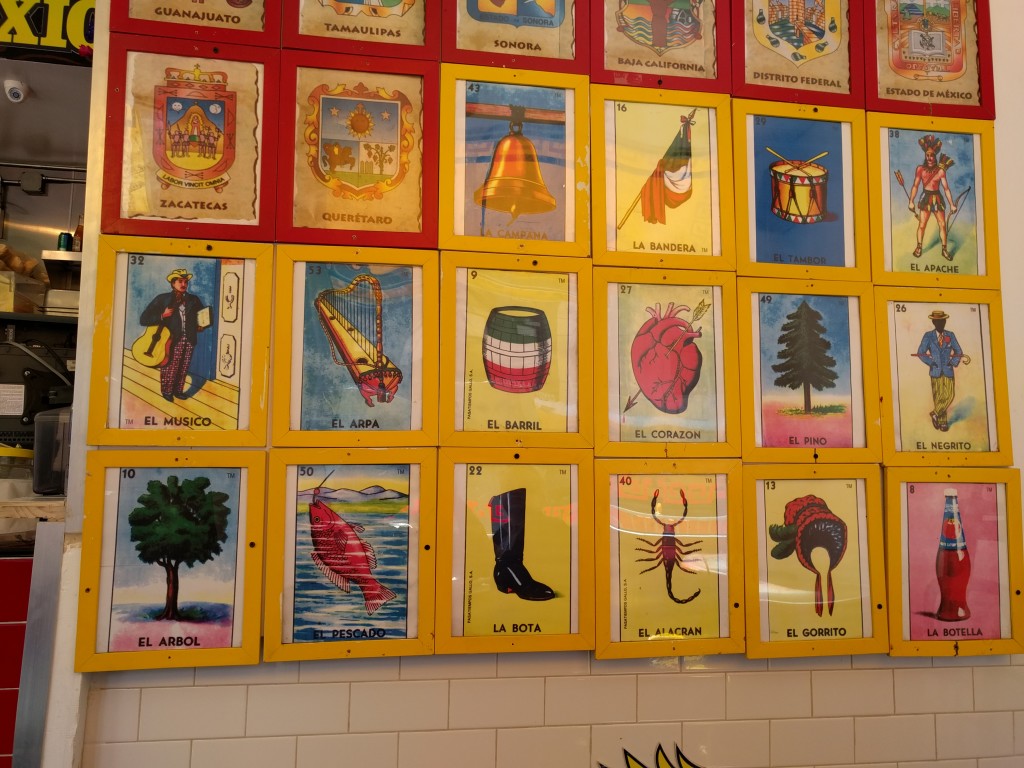Here is a fun and obsessive blog post about regional variation in different Spanish translations of Harry Potter and the Philosopher’s Stone (or Sorcerer’s Stone in the American version).
The author, “Urbanabydos”, analyzes 24 different Spanish editions of the book, dividing them on linguistic grounds into European, Southern Cone (Argentina +), and other Latin American.
Differences in subject pronoun usage are an obvious feature to look for. Surprisingly, Urbanabydos doesn’t mention voseo. However, for ustedes (Europe) versus vosotros (Latin America, including Southern Cone), (s)he gives the example of Harry’s reaction when he finds out his aunt and uncle already knew about Hogwarts: ¿Ustedes sabían? versus ¿Vosotros lo sabíais?
Besides ustedes/vosotros, the author identifies four phrases with consistent regional treatments:

In later editions, “tawny owl” changed to búho pardo in the Southern Cone and Europe editions. Urbanabydos’s post analyzes the difference between lechuza and búho and why the word choice may have evolved over time.
My favorite part of the post explains that early editions translated ‘The mirror of Erised’ as El espejo de Erised, but that as editors (and the general public) figured out that Erised was Desire read backwards, this changed to El espejo de Oesed (Deseo backwards).
A must-read for fans of both Spanish and Harry Potter!


